Deck & Commander Strategies
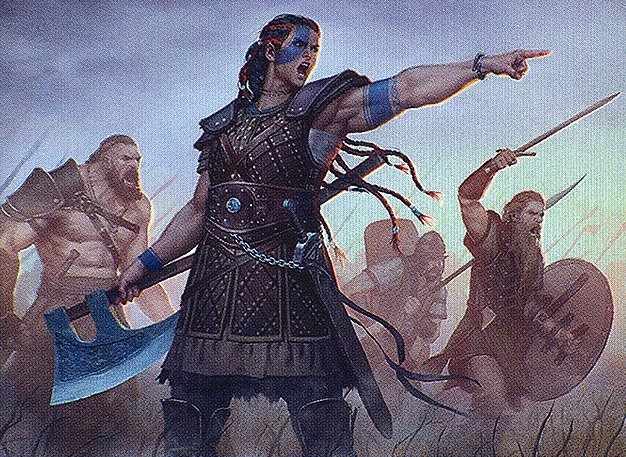
Saskia the Unyielding
Cheat out big creatures to deal massive combat damage and pressure opponents aggressively, leveraging her ability to assign combat damage among multiple players.

Azusa, Lost but Seeking
Ramp aggressively by playing multiple lands per turn to cast big creatures early and draw cards, accelerating board development and card advantage.

Tuvasa the Sunlit
Focus on enchantment synergies to gain incremental value from casting spells, producing tokens, and drawing cards, supported by a sub-theme of angels to close the game.
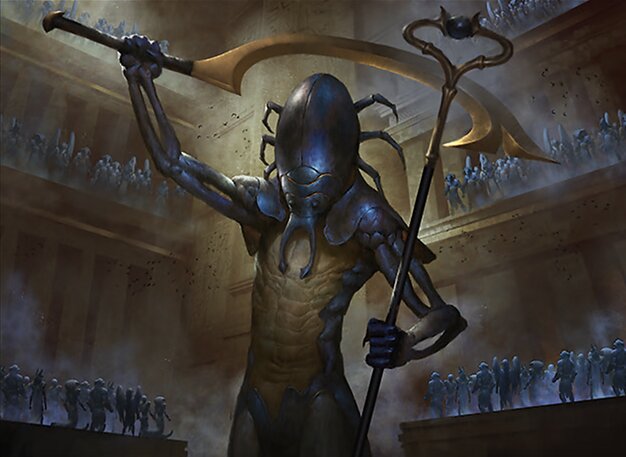
The Scarab God
Control the game through zombie tribal synergy and disruption, exploiting opponents' graveyards, using tokens, and leveraging powerful planeswalkers for value and board presence.
Gameplay Insights
- 1
The Scarab God player used Stage Taker strategically to exile a key threat temporarily, disrupting opponents' tempo while protecting their own board.
- 2
Azusa's explosive land drops allowed a rapid acceleration that pressured opponents to respond quickly or risk falling behind.
- 3
Tuvasa maximized value by casting enchantments like Ancestral Mask and Eidolon of Blossoms, generating multiple tokens and drawing cards to fuel her game plan.
- 4
Saskia's aggressive attacks forced opponents into difficult blocks and dealt consistent damage, leveraging her combat damage assignment ability effectively.
- 5
Hour of Eternity was a game-changing play for the Scarab God player, resetting the board and creating opportunities to rebuild with zombie tokens.
Notable Cards
-

Hour of Eternity
-
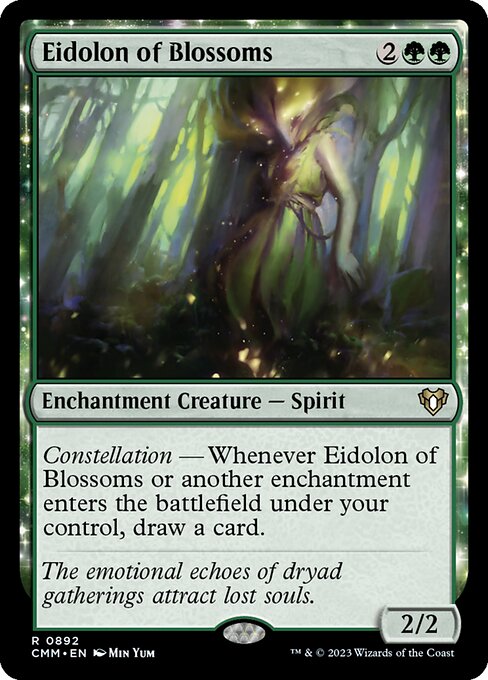
Eidolon of Blossoms
-
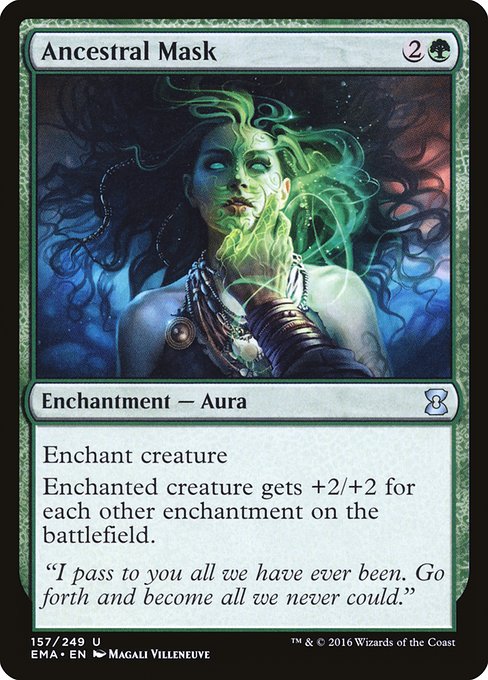
Ancestral Mask
-
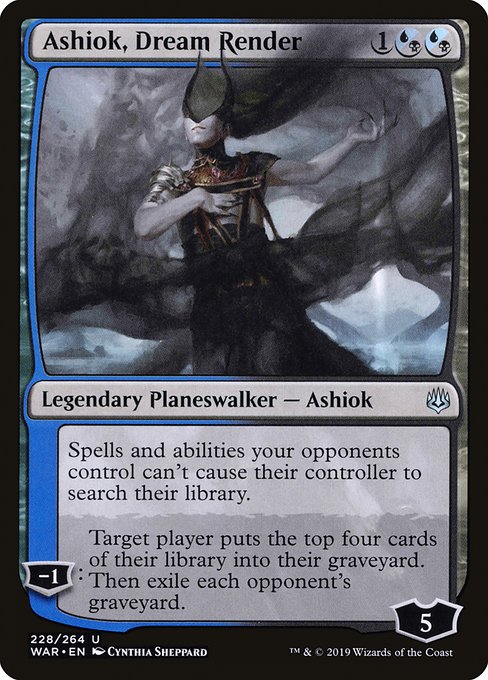
Ashiok, Dream Render
-

Solemn Simulacrum
Gameplay Summary
The game began with a focus on ramping and establishing board presence, with each player deploying their commander and early support creatures.
Saskia aimed to cheat out large creatures and leverage her aggressive combat style, while Azusa sought to ramp quickly through multiple land drops to play big creatures and draw cards.
Tuvasa's deck centered on enchantment synergies and value generation through casting multiple spells, supported by angels to close out the game.
The Scarab God player took a slower, more controlling approach, relying on zombie tribal interactions and disruption to outvalue opponents. Key turning points included Saskia's repeated attacks dealing significant damage and forcing blocks, as well as Azusa's explosive land drops that allowed her to cast powerful creatures and draw cards.
The Scarab God leveraged the graveyard and tokens effectively, including using Stage Taker to temporarily exile opponents' threats and gaining card advantage.
Tuvasa ramped into strong enchantments like Ancestral Mask and Eidolon of Blossoms, creating a board filled with tokens and drawing multiple cards, setting up a midgame surge.
A pivotal moment arose when the Scarab God cast Hour of Eternity, reshaping the board and enabling further zombie token creation.
The interactions among these strategies created a dynamic battlefield where control, aggression, and value battles intertwined, with players jockeying for board dominance and positioning for a final win condition.

















![Commander VS S13E3: Skullbriar vs Niv-Mizzet vs Tuvasa vs Etrata [EDH] thumbnail](https://i.ytimg.com/vi/5EGIlbpfVkE/sddefault.jpg)

























